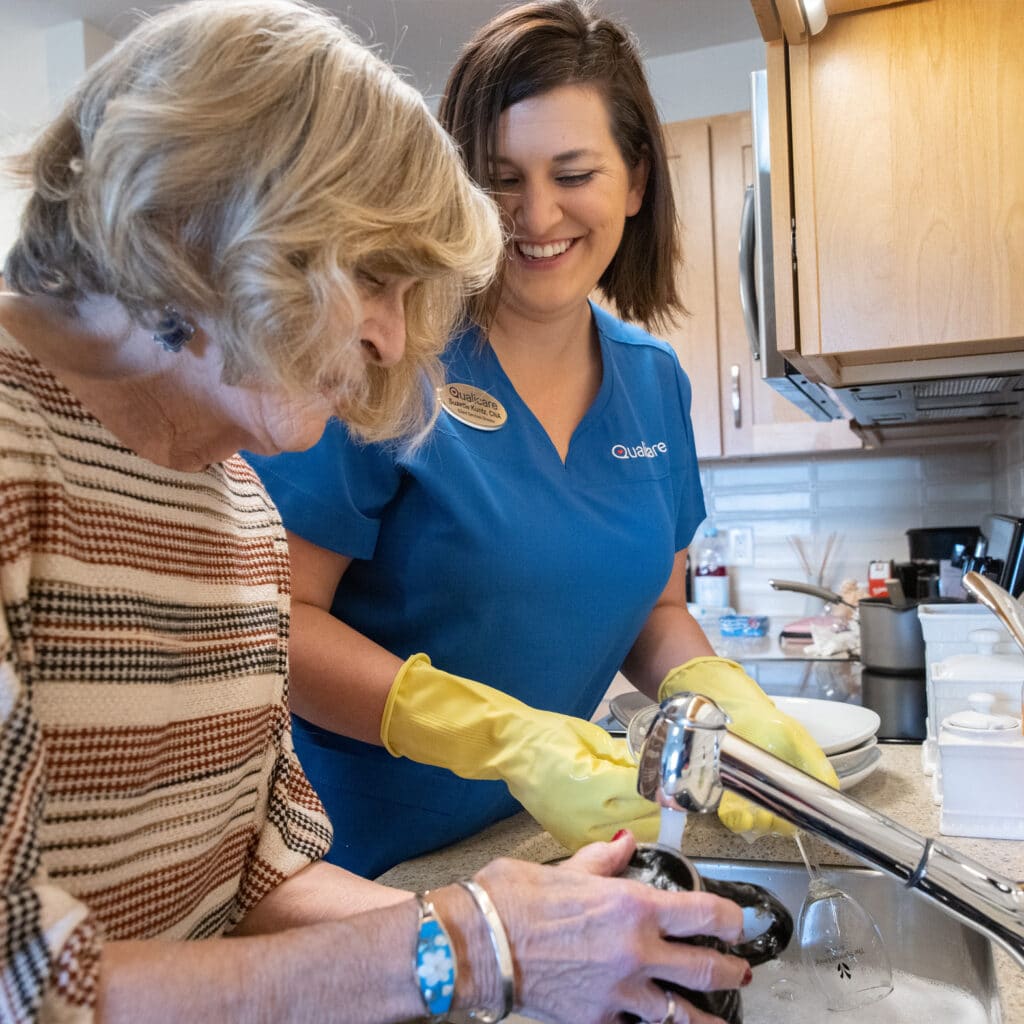Respite Care at Home
In-home respite care is a service that supports families and caregivers by providing temporary relief from caregiving duties. This service allows caregivers to take a break, recharge, and focus on their own well-being while ensuring their loved ones continue to receive quality care at home.
Our services include:
- 24-hour home care
- Full-time home care
- Part-time home care
- Hourly home care/shift services
- Companion care
- Light housekeeping
- Laundry
- Meal preparation
- Errand running
- Accompany to MD visits
- Transportation to appointments
- Medication reminders
- Personal care services
- Assistance with bathing, grooming, & dressing
- Assistance with toileting & incontinence care
- Assistance with transferring from bed to chair
The Benefits of In-Home Respite Care for Families

What is In-Home Respite Care?
Customized Care Plan for Respite
Let's Get Started
Scheduling and Monitoring In-Home Respite Care

Choosing the Best Home Care Agency
How to Get Started
Initial Consultation and Assessment
The first step in securing respite care is an initial consultation and assessment. During this meeting, our care expert will evaluate the client’s needs and develop a personalized care plan. This process ensures that the care provided aligns with the specific requirements and preferences of the client.
Making the Transition to Home Care
Making the transition to home care can be smooth with the right approach. Tips for a successful adjustment include open communication with the caregiver, gradual introduction of services, and involving the client as able in decision-making. Continuous support and regular check-ins help ensure the transition is comfortable for everyone involved.
Frequently Asked Questions about In-Home Respite Care
When hiring a respite caregiver, consider their qualifications, experience, and references. Look for caregivers who have training in elder care or specific conditions like dementia or Alzheimer’s. It’s also important to ensure they have a compassionate and client demeanor. Agencies should conduct background checks and offer opportunities to meet caregivers before hiring.
To ensure safety during respite care, choose a reputable home care agency with rigorous hiring and training practices. You can also install safety measures in your home, such as grab bars and emergency alert systems. Regular communication with caregivers and monitoring their activities can further enhance safety.

